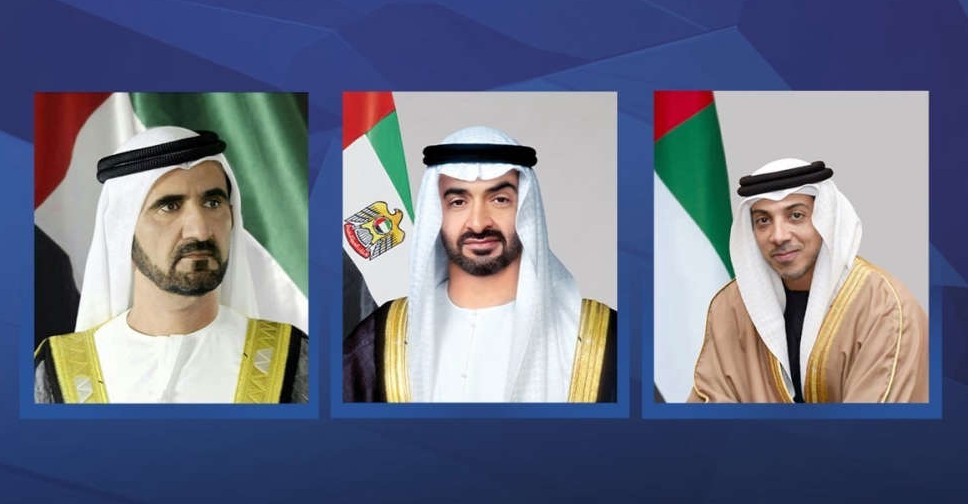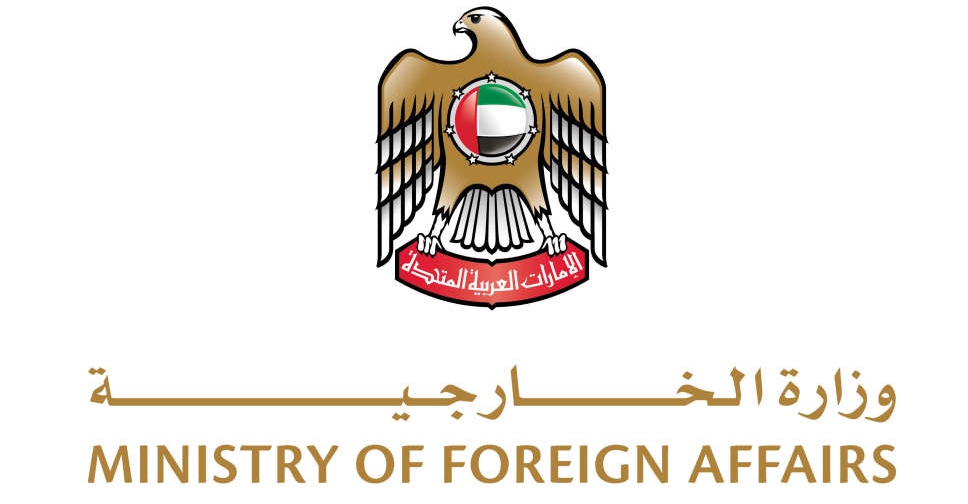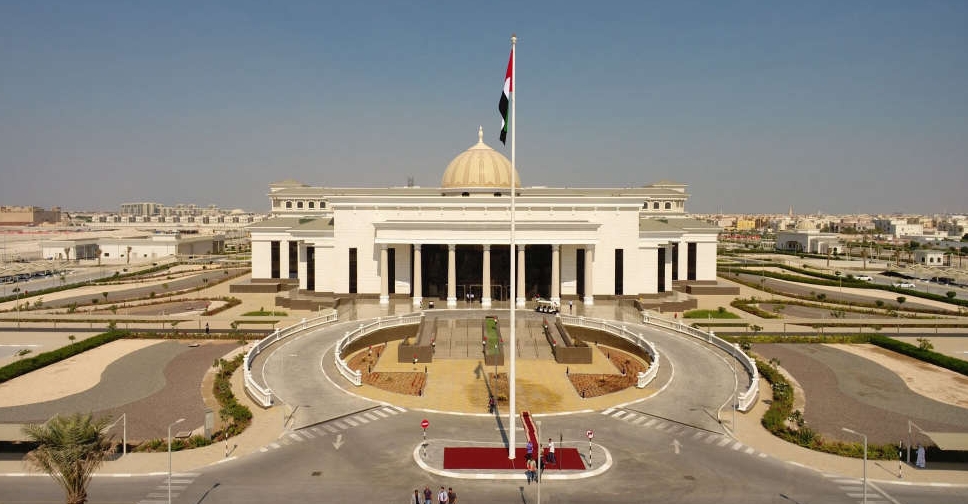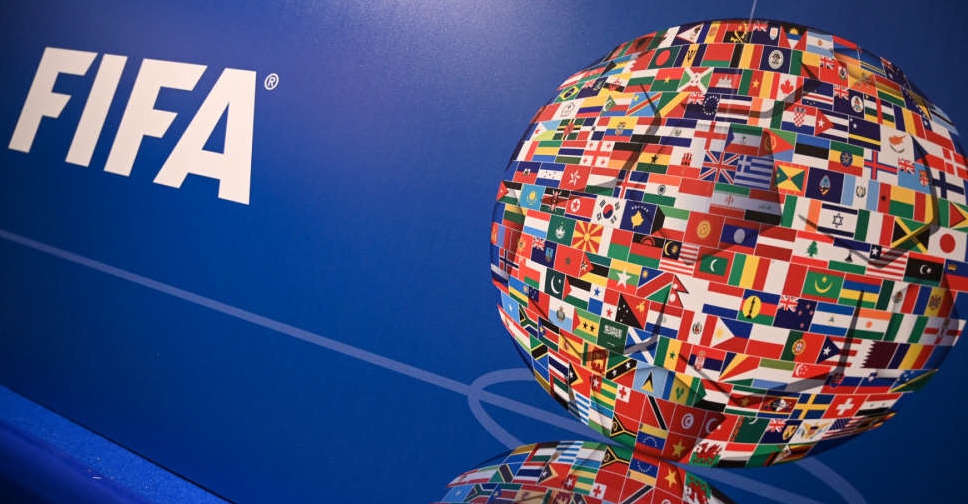
In a significant breakthrough, FIFA has reached an agreement with broadcasters in five major European television markets for the rights to the upcoming Women's World Cup.
The deal, struck collectively with the European Broadcasting Union (EBU), brings an end to a nine-month-long standoff and comes just five weeks before the first match of the tournament.
FIFA President Gianni Infantino had been engaged in a war of words with free-to-air networks in England, France, Germany, Italy, and Spain. He expressed his dissatisfaction with these broadcasters, all of which have national teams participating in the 64-game competition, for offering a mere fraction - sometimes as little as 1 per cent - of the fees they paid for the men's World Cup.
The Women's World Cup, scheduled to take place from July 20 to August 20, will be jointly hosted by Australia and New Zealand. Many group-stage matches are set to be played during the night and early hours of the European morning.
Although no specific price has been disclosed for the inclusion of the five aforementioned countries, along with Ukraine, into the existing 28-nation rights deal FIFA struck with the Geneva-based EBU last year, the agreement was celebrated by FIFA as a positive step forward. As part of the deal, European broadcasters have committed to increasing the coverage of women's football from the following season.
"In line with this agreement," stated Infantino in an official announcement, "the EBU has pledged to dedicate at least one hour of weekly content to women's football on its digital platform and broadcaster network."
FIFA expressed its enthusiasm for this "significant additional commitment," believing it would contribute to the further growth of the sport.
"We consider women's football to be at the heart of our content strategy and a fundamental element of the new digital platform we intend to launch next year," remarked Noel Curran, Director General of the EBU.
Tensions had escalated between FIFA and broadcasters such as the BBC in Britain, ZDF in Germany, and Rai in Italy last month when Infantino hinted at the possibility of blacking out the tournament in those countries. Such a move would have had severe repercussions for the rapidly flourishing women's game. FIFA also had the option of streaming the matches on its own platform.
The 2023 Women's World Cup is the first tournament to be sold separately from the men's edition as part of FIFA's new strategy. Previously, FIFA had included the women's competition as an add-on to comprehensive rights deals for the men's World Cup.

 Josko Gvardiol double sends Man City top of the table
Josko Gvardiol double sends Man City top of the table
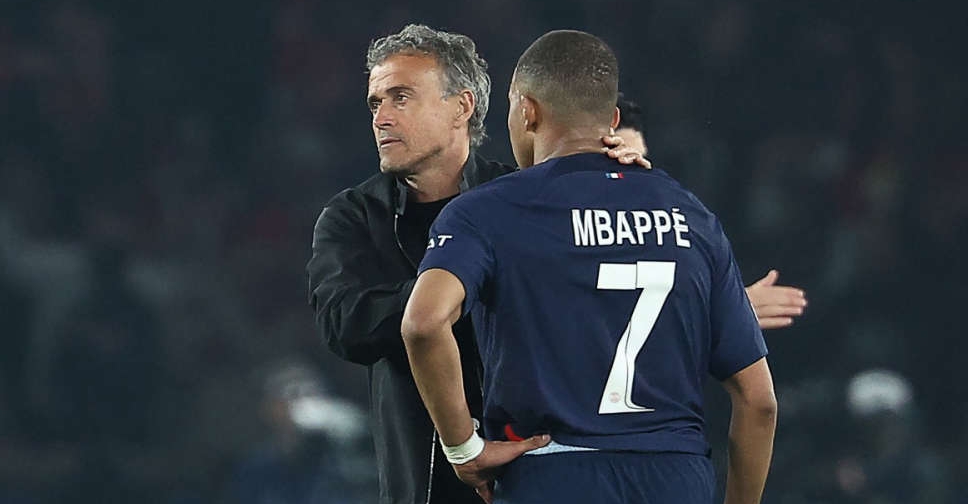 Enrique is proud of Mbappe, understands decision to leave PSG
Enrique is proud of Mbappe, understands decision to leave PSG
 Ireland hand Pakistan a reality check before T20 World Cup
Ireland hand Pakistan a reality check before T20 World Cup
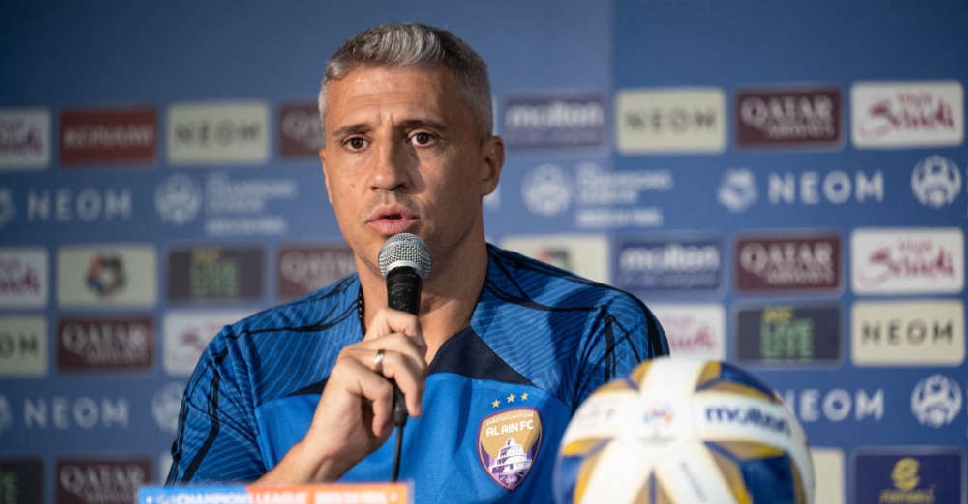 Al-Ain boss Crespo relishing Kewell reunion
Al-Ain boss Crespo relishing Kewell reunion
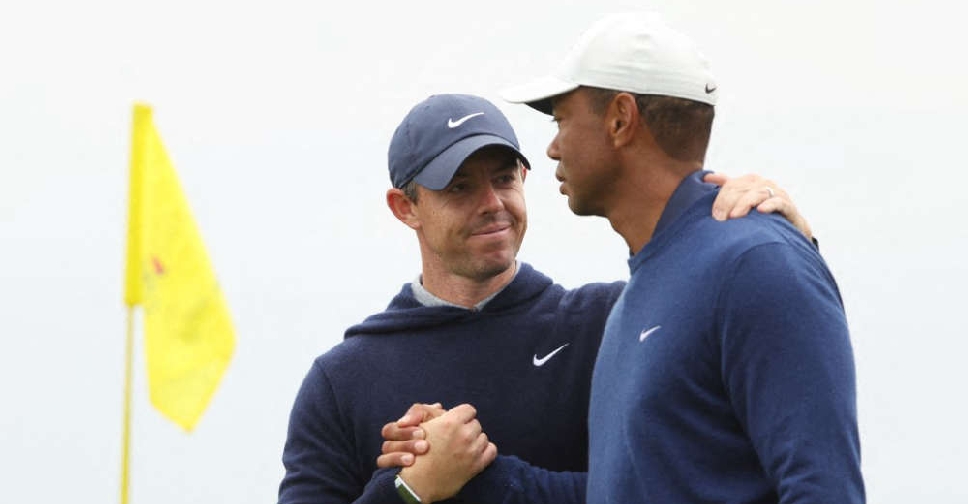 Tiger Woods and Rory McIlroy join PGA Tour subcommittee
Tiger Woods and Rory McIlroy join PGA Tour subcommittee
